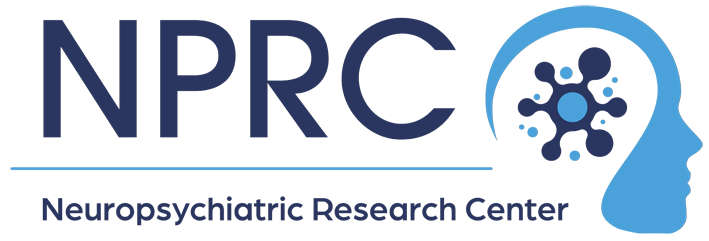Just like a car, the heart is the engine of the body that keeps it running. After the age of 65, changes to the heart increase your chances of developing heart disease. Although daunting, there are things you can do to slow, stop, or avoid these increased risks altogether. This blog will show you how the heart changes as you age, and how a heart-healthy lifestyle is a solution for heart and total body health.
Age-Related Heart Changes

The changes that can occur to our heart as we age are listed below, along with the possible health issues that may result.
- The Heart’s Electrical System– The heartbeat rhythm can change, resulting in arrhythmias or the need for a pacemaker.
- Stiffer Valves– May become thicker or stiffened. This may limit blood flow, or the heart can become leaky, and this can cause fluid buildup in the lungs or other parts of the body.
- Size Increase in Chambers– The walls of the heart may thicken, which causes a decrease in the overall blood the heart can hold. The heart also may fill more slowly.
- Sensitivity to Salt– Aging also increases our sensitivity to salt, thus raising our blood pressure and ankle or foot swelling.
Ways to Stay Healthy
Aging in itself can cause changes that can lead to your body not functioning correctly. When you combine long-standing health issues or unhealthy habits, the risks increase. If you aren’t managing your chronic conditions, start. If you are smoking at all or drinking to excess, work on stopping. Other changes you can make to get your heart and overall body healthier are:
- Be More Physically Active- Getting started is the hardest part, but if you begin with things you enjoy, it can make it easier. Brisk walking, bowling, gardening, and riding a bike are some fun options. The National Institute on Aging has some other great tips here.
- Eat a Heart-Healthy Diet– Eat plenty of fruits and vegetables, foods high in fiber, and low in trans and saturated fats. Also avoid food high in sugar and salt, and large serving portions at mealtime.
- Manage Stress– Constant stress can have damaging effects on the body. Learning how to manage stress through a management program or activity like meditation can improve your physical and emotional health.
February is American Heart Month, and there is no better time to take control of your heart and overall health. Gaining a better understanding of the changes that happen during aging is one of the goals of clinical research. Through research efforts, prevention, and therapy options that target these changes can be discovered.

To learn more about the upcoming research study opportunities here at NPRC, call (239) 939-7777, or click here.
Reference:





